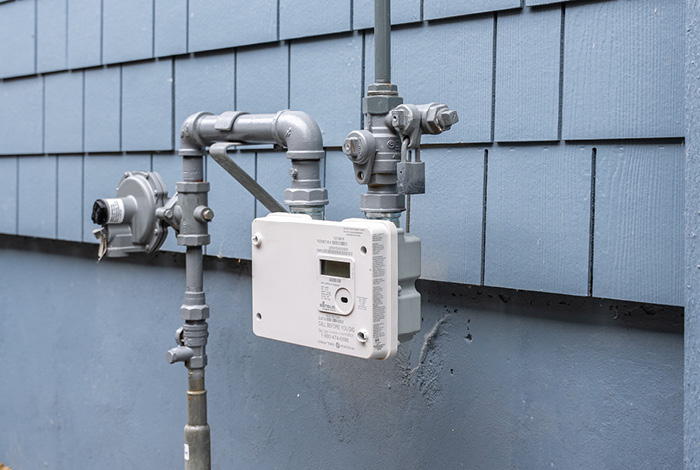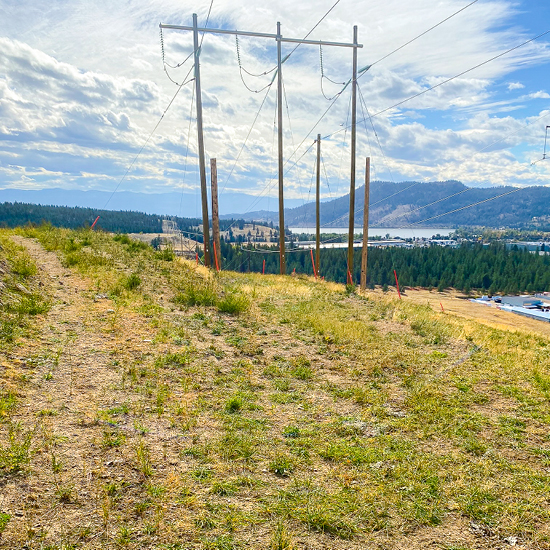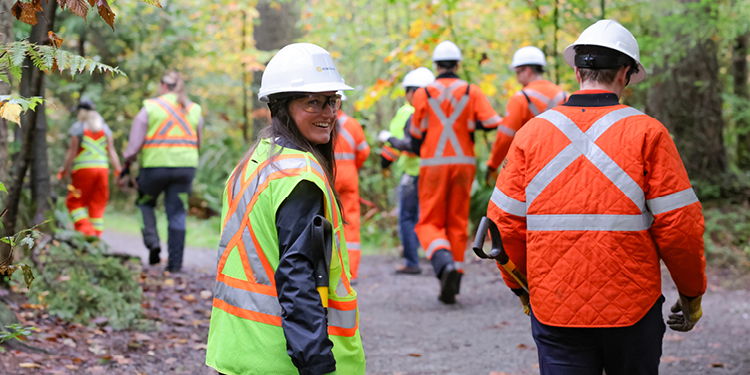Climate change is a big challenge. So how do we overcome it?
December 30, 2019
Climate change is a serious issue, and it’s on everyone’s mind. Perhaps now more so than ever.
Climate action rallies engulf the streets of Vancouver, shrinking glaciers galvanize a generation and everyone’s thinking twice about whether that coffee cup goes in the compost bin or the recycling bin. As a millennial, bravo. As a FortisBC employee, bravo.
As an energy solutions provider, FortisBC knows its responsibility to our environment, and we’re working hard every day to do something about it. But we can’t do it alone. It takes a team effort to use all of the resources we have at hand, and great minds to figure out how to use those resources most effectively.
It’s a matter of “how,” and that’s where a recent study from Pollution Probe comes into play.
What’s Pollution Probe?
Pollution Probe is an independent, non-profit, national organization dedicated to advancing positive and tangible environmental change.
We were proud to help fund a study to better understand what role natural gas, if any, can play to help us get to that lower carbon future. The full study is available for everyone to read, and offers an in-depth evaluation of what natural gas can do in the future.
Overall, the study points to the idea that the ideal, cost-effective solution to a lower carbon future is one that uses a combination of natural gas and renewable energies. By using high-efficiency innovations such as natural gas heat pumps, we can achieve similar emissions reductions as a full electrification effort, at significantly less cost.
How do we align with the study?
At FortisBC, we’re all about energy efficiency.
Early this year, the British Columbia Utilities Commission approved our request to triple our spending on conservation and efficiency programs to $368.5 million by 2022. Through rebates, incentive programs and educational efforts, we’re spending this money on getting our customers to use less energy. Because being more efficient with our energy means a smaller individual carbon footprint, having energy available for other uses and decreased spending.
Another important part of the Study, and our vision of a lower carbon future, is the introduction of renewable gases. Carbon-neutral energies such as Renewable Natural Gas (RNG) and hydrogen gas will be critical to helping the province of British Columbia (BC) achieve the commitments it laid out in their CleanBC promise.
We’re working on that too.
RNG is made from capturing the biogas released from decomposing organic matter; we can do the heavy lifting, but we need access to more landfills, wastewater facilities and agricultural operations. We’re even looking at how we can use forestry waste! Like I said, it’s a team effort. While our most recent announcement with the City of Vancouver landfill was a big win for BC, we need a lot more than that as we try to decarbonize our gas stream.
A key point with these carbon-neutral energies is that they travel through our existing natural gas infrastructure. At FortisBC, we have just under 50,000 kilometres of natural gas infrastructure that can deliver energy to all areas of BC – efficient, safe, reliable and extensive infrastructure that is ready to deliver affordable, carbon-neutral energy today.
On our way to 30BY30
The results of Pollution Probe’s study aligns with everything we’re doing. We’re on the same team here.
That’s why we announced our 30BY30 target, our goal to reduce the greenhouse gas emissions from our customer base by 30 per cent by 2030. It’s one of the most ambitious emissions reductions targets in the Canadian utility sector, because we know we don’t have time to waste.
So we have a big challenge ahead of us. Let’s work together to overcome it.



